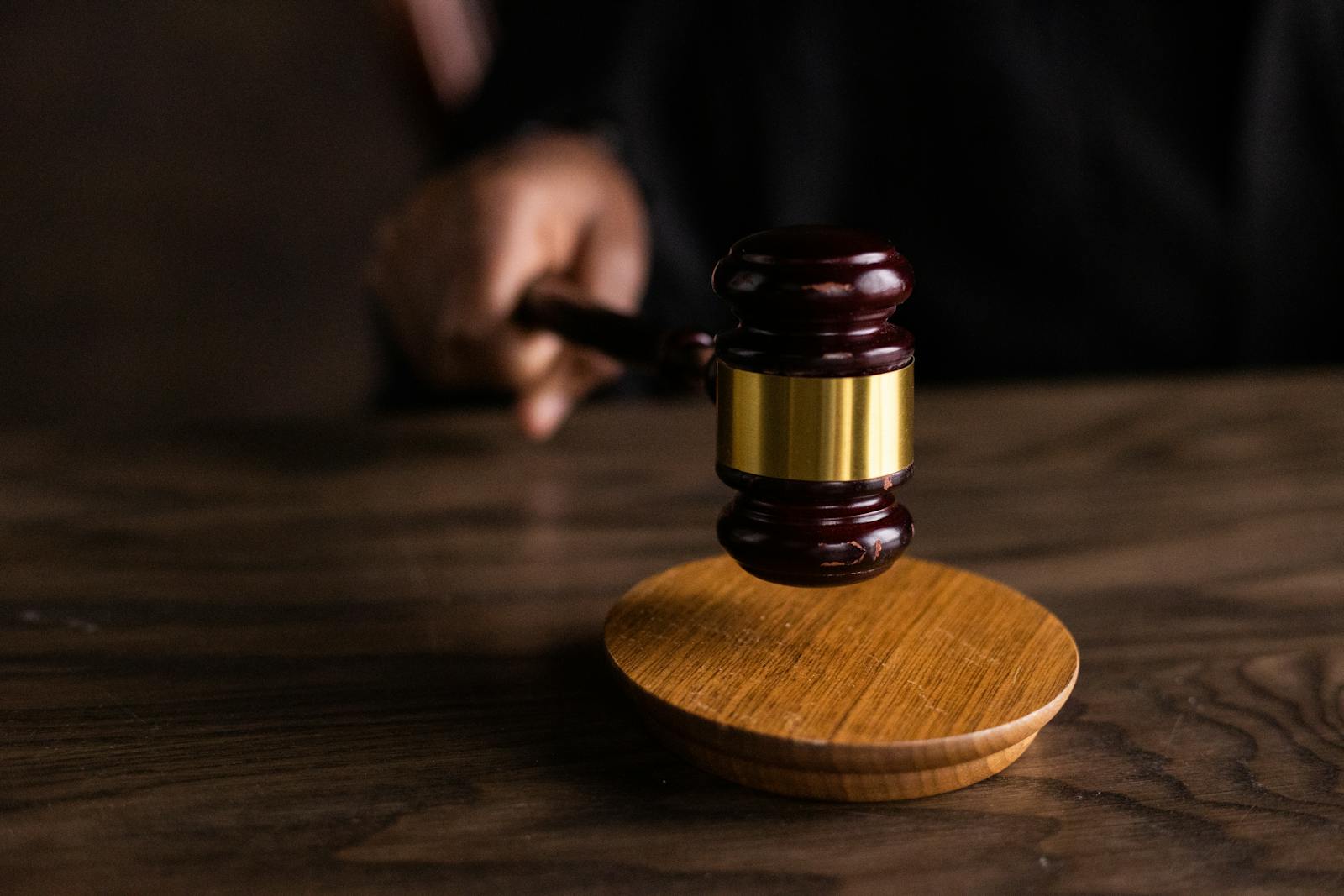
Facing a criminal trial can be one of the most intimidating experiences in a person’s life. The thought of going through the court process is daunting, especially if it’s your first time.
Understanding the steps involved in a criminal trial can help ease some of the anxiety and provide insight into what lies ahead.
In this article, we’ll walk through the key stages of a criminal trial, from the arraignment to the final verdict.
The arraignment is the first formal stage of the criminal trial process.
During this hearing, the judge will formally read the charges against you, and you will have the opportunity to enter a plea: guilty, not guilty, or no contest.
If you plead not guilty, the case will proceed to trial. At this stage, it’s crucial to have legal representation to advise you on how to plead and to discuss possible defense strategies.
Before the trial officially begins, there may be several pretrial hearings.
These hearings address preliminary matters such as bail, the admissibility of evidence, and motions to dismiss the case.
Your attorney will use these opportunities to argue for the exclusion of certain evidence, challenge witness credibility, or even negotiate a plea deal if it’s in your best interest.
If your case goes to trial, one of the first steps is selecting a jury.
During this process, the prosecution and defense attorneys will question potential jurors to determine their impartiality.
Each side may dismiss potential jurors they believe would be biased. A fair and impartial jury is essential to ensuring a just outcome in your trial.
Once the jury is selected, the trial will officially begin with opening statements. Both the prosecution and the defense will present their version of the facts, outlining the evidence they intend to present. Opening statements provide a roadmap for the jury, helping them understand the arguments each side will make throughout the trial.
After opening statements, the prosecution will present its case first. This includes calling witnesses, submitting evidence, and cross-examining defense witnesses. The defense will then have the opportunity to present its case, challenge the prosecution’s evidence, and argue for the defendant’s innocence. The presentation of evidence is one of the most crucial stages of the trial, as the strength of the evidence often determines the outcome.
Once both sides have presented their evidence, the trial will move to closing arguments.
The prosecution and defense will summarize their cases and attempt to persuade the jury to reach a particular verdict.
Closing arguments are often the last opportunity for attorneys to make their case before the jury deliberates.
After closing arguments, the jury will deliberate in private to decide the defendant’s guilt or innocence. The length of deliberation varies depending on the complexity of the case.
Once the jury reaches a decision, they will return to the courtroom to deliver the verdict.
If found guilty, the judge will schedule a sentencing hearing. If acquitted, the defendant is free to go.
Understanding the stages of a criminal trial can help alleviate some of the stress and uncertainty involved.
From the initial arraignment to the final verdict, each phase of the trial process plays a crucial role in determining the outcome of your case.
Having a skilled criminal defense attorney by your side can make all the difference in navigating this complex legal process.
Our team of experienced attorneys is dedicated to protecting your rights and providing expert legal defense.
Designed by Naoufel.digital using Breakdance Builder